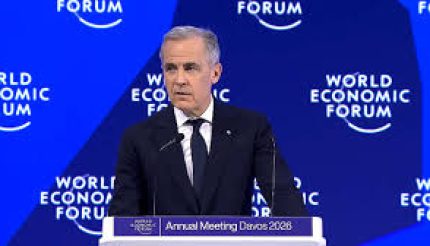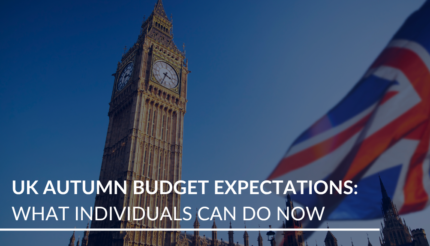Why Emotional Intelligence Matters in Today's Economic Climate
In today’s volatile economic landscape, where external factors like tariff policies and trade tensions are creating unprecedented challenges, business leaders must look beyond traditional management approaches. The ability to navigate uncertainty with emotional intelligence (EI) has never been more crucial for organisational resilience and success.
Understanding the Economic Context
The implementation of new tariffs and protectionist policies is sending ripples through global markets. UK businesses face mounting pressures from disrupted supply chains, increased costs, and market volatility. These challenges aren’t merely operational—they’re profoundly human, affecting everyone from the boardroom to the shop floor.
Why Emotional Intelligence Matters Now
Emotional intelligence—the capacity to recognise, understand and manage our own emotions while skilfully navigating those of others—becomes a powerful leadership tool during economic downturns. Leaders with high EI demonstrate several critical capabilities:
Self-awareness enables them to recognise their own anxiety about market fluctuations without allowing fear to drive decision-making. When team members see a composed leader, this steadiness cascades throughout the organisation.
Empathy helps leaders understand the very real concerns of employees worried about job security or suppliers struggling with increased costs. This understanding forms the foundation for authentic communication and relationship-building.
Emotional regulation allows leaders to respond thoughtfully rather than react impulsively to challenging circumstances. Rather than panicking about short-term profit pressures, emotionally intelligent leaders maintain perspective while addressing immediate concerns.
Practical Applications of EI During Economic Challenges
Forward-thinking leaders are applying emotional intelligence through several concrete practices:
They’re creating psychologically safe environments where team members can voice concerns about economic impacts without fear of judgment. This transparency unlocks collaborative problem-solving when it’s most needed.
They’re communicating with clarity and compassion, acknowledging economic realities whilst focusing on shared values and controllable factors. This balanced approach maintains morale whilst addressing challenges head-on.
They’re demonstrating authentic vulnerability by acknowledging that they don’t have all the answers but remain committed to navigating difficulties together with their teams.
The Competitive Advantage
Organisations led with emotional intelligence during economic downturns gain significant advantages. They retain top talent even when unable to offer financial incentives. They maintain stronger supplier relationships during tough negotiations. Most importantly, they preserve the human capital and organisational culture needed for future growth once economic conditions improve.
Moving Forward
As we navigate this period of economic uncertainty, the most successful leaders will be those who recognise that financial challenges require human solutions. By developing emotional intelligence capabilities throughout their organisations, leaders can create resilient cultures capable of weathering economic storms whilst positioning themselves for future prosperity.
When the markets eventually stabilise—as they inevitably will—the competitive advantage will belong to those organisations that preserved trust, engagement and human connection during difficult times.
If you would like to discuss how you can use your emotional intelligence more effectively in these turbulent times, please contact me at rogerpemberton@actioncoach.com .






